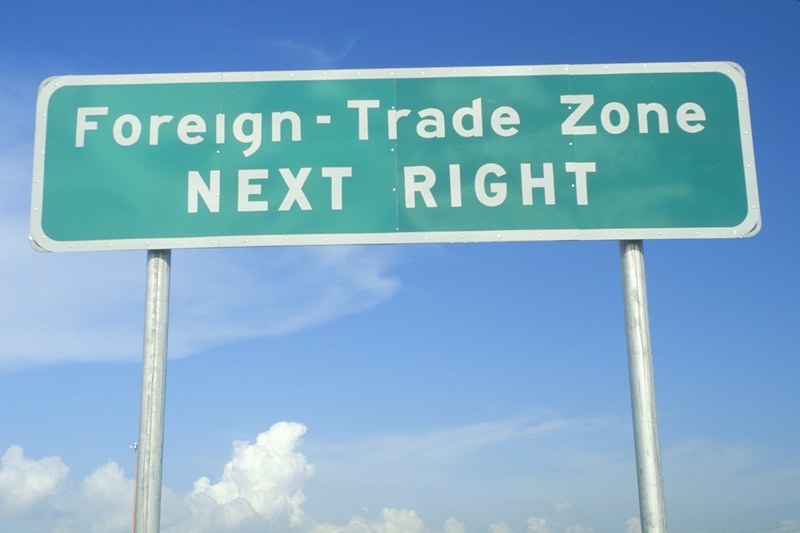Improving Your Profitability and Operations through Foreign Trade Zones
Published:A foreign trade zone, or FTZ, is a secure area designated by the government, generally in or near ports of entry, under U.S. Customs & Border Protection (CBP), but considered outside CBP territory. Normally when goods enter the U.S., the goods will go through CBP procedures and the company importing these goods pays duties at that time. An FTZ provides the benefit of reduced or deferred duties. But how?
Inside an FTZ, a company can store, assemble, manufacture and process goods without being subject to duties until the company actually imports the goods for U.S. consumption. Additionally, when those goods are imported, the company can pay a duty rate based on the raw materials it imported or the finished product. A second benefit of reduced/deferred duties is that companies are allowed to transfer goods from one FTZ to another without paying duties. This may allow a company with goods being delivered to California, to then have the goods transferred to Indianapolis and still not have paid any duties. A third benefit, if a company imports goods into an FTZ and then turns around and exports the goods, the company is not subject to import duties at all because the goods are not considered to have ever entered the U.S. for consumption.
In addition to reduced or deferred duties, being in an FTZ has other benefits such as improved inventory management, automated recordkeeping and document storage, improved cash flow, increased competitive advantage, and improved compliance, just to name a few. Under inventory management, a company can store goods in an FTZ warehouse indefinitely and that warehouse is under CBP security to protect against theft. With reduced costs and better inventory management, a company can be more competitive and better able to serve its customers.
Indiana actually has 6 FTZ’s so no matter where you are in Indiana, there is a FTZ for you. Indianapolis and Central Indiana are served by FTZ#72 under The Indianapolis Airport Authority (IAA). To help companies in this area gain access to the FTZ, IAA created an organization called INZone.
Now you may be wondering if a FTZ can benefit you and your company. Please consider these 5 questions:
- Are you importing?
- What are the top items you are importing?
- What are the tariff rates for those items?
- What are you currently paying in merchandise processing fees (MPFs)?
- What are you doing with the imported items – manufacturing, exporting, distributing, kitting, etc.?
If you answered yes to question 1, then that’s the beginning of a discussion on FTZ’s. Please give us a call and we’d be happy to discuss FTZs and your answers to the remaining questions above in more detail with you.
If you would like additional information or to discuss the topics mentioned, please contact Marie Jett, CPA at 317-260-4472 or mjett@greenwaltcpas.com.
